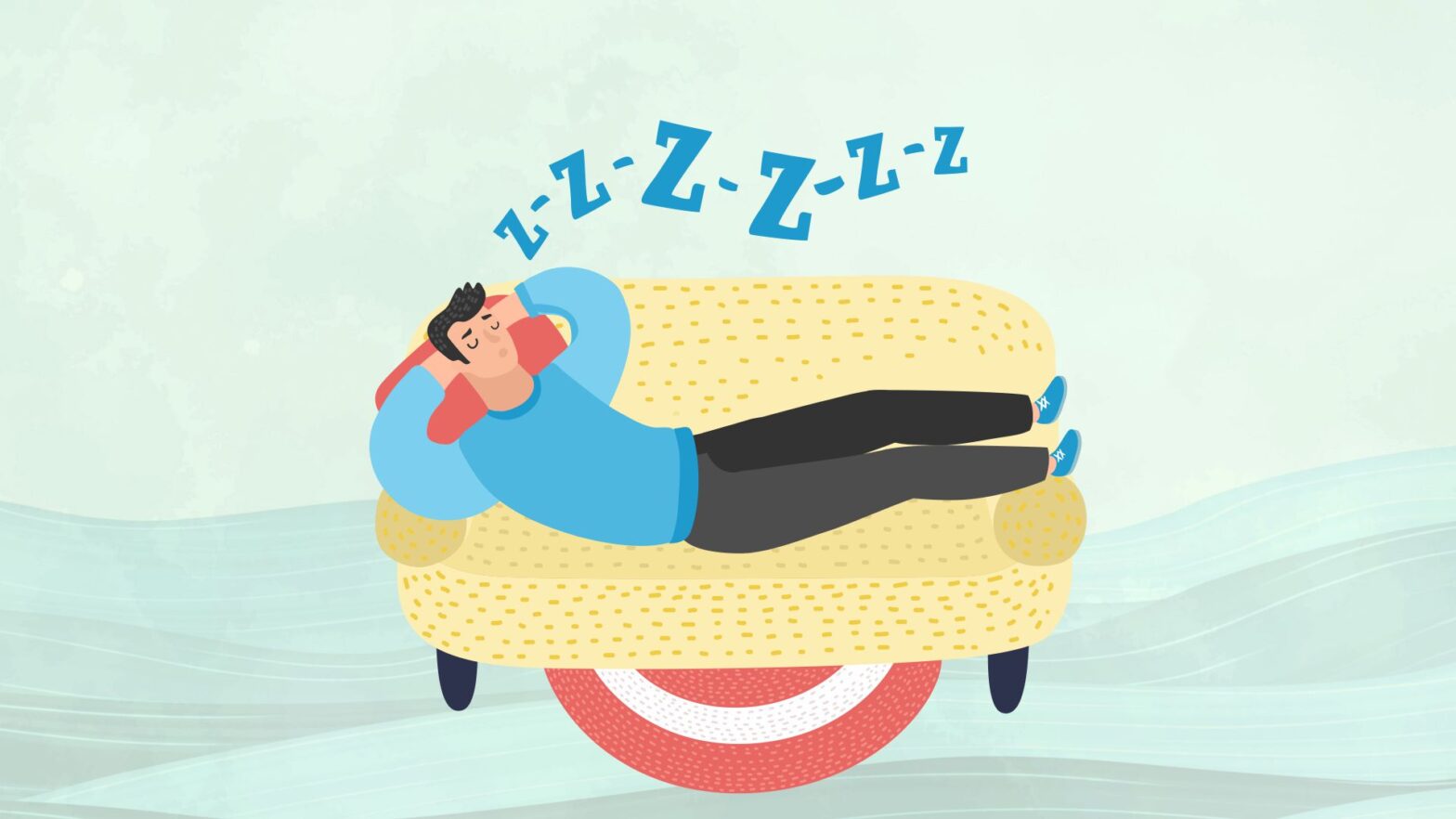
Why Do People Snore?
Snoring is the sound of obstruction in breathing due to factors such as bulky throat tissue, poorer muscle tone, a long soft palate or uvula. Snoring could be harmless at times or otherwise an indication of an underlying sleep disorder such as sleep apnea. Millions of people around the world snore in their sleep. Some go away quickly, while others persist and may get louder.
Long-term snoring, apart from being an indicator of other medical conditions, also interferes with your daytime productivity. It causes daytime sleepiness, drowsiness, fatigue and lack of concentration.
Types of Snoring
- Nasal snoring: It occurs due to a blockage in your nostrils, such as a deviated septum or other physical obstructions. Cold, nose stiffness, dust allergies or use of certain types of medications can also cause nasal snoring.
- Mouth snoring: You may snore with your mouth open or close here. When you can’t breathe at night due to nasal blockage, you inhale air through the mouth, causing tissue vibration and, hence, snoring. On the other hand, blocked nasal passages, enlarged tonsils, or weak palatal tissue could cause closed-mouth snoring
- Tongue snoring: In people who drink alcohol or take sleep medication, the tongue becomes too relaxed, especially when lying on your back, and hence, it becomes difficult to breathe. Excess fat around the neck may also cause the same.
- Throat snoring: This type of snoring is the loudest and most dangerous. It occurs due to sleep apnea. Also occurs when the muscles and soft tissues in the throat become too relaxed. It can occur in every sleep position and may lead to high BP, diabetes, stroke, etc., if left untreated.
Factors that influence snoring
- OSA (Obstructive Sleep Apnea): Lapses in breathing keep repeating during sleep due to partial or complete collapse of the airway. Such people snore loudly with periods of silence.
- Smoking: This factor affects many. One who quits smoking sees a reduction in the frequency of snoring with time.
- Alcohol & Sedatives: They relax your supporting muscle tissue around the airway. Doctors recommend avoiding them in the hours close to bedtime.
- Sleeping position: You snore when you sleep on your back, also known as supine position. Gravity pulls down the tissues surrounding the airway and, hence, narrows the airway. Sleeping on the side helps.
- Excess weight: Losing weight helps improve the condition. Extra tissue in the neck can cause a narrowing of your airway.
- Ageing: With age, the tongue and muscles surrounding the airway become weak.
- Head & neck anatomy: A difference from the normal size and shape can constrict airways.
- Chronic nasal congestion: Allergies, infections, stuffy nose, deviation in septum, or even a dry air environment can cause people to snore.
- Hypothyroidism: When your thyroid doesn’t produce enough hormone, it can cause you to snore, apart from other symptoms.
Therefore, if you experience morning headaches, daytime sleepiness, pauses in breathing during sleep or wake up frequently during the night, it’s high time you consult a sleep expert. It can improve your quality of life.
Sleep Therapeutics is the first niche sleep center in Telangana and Andhra Pradesh. Your snoring could be an indicator of sleep apnea or other sleep disorders. Feel free to talk to our experts.
Also Read: Diagnosis and Treatment of Sleep Snoring
